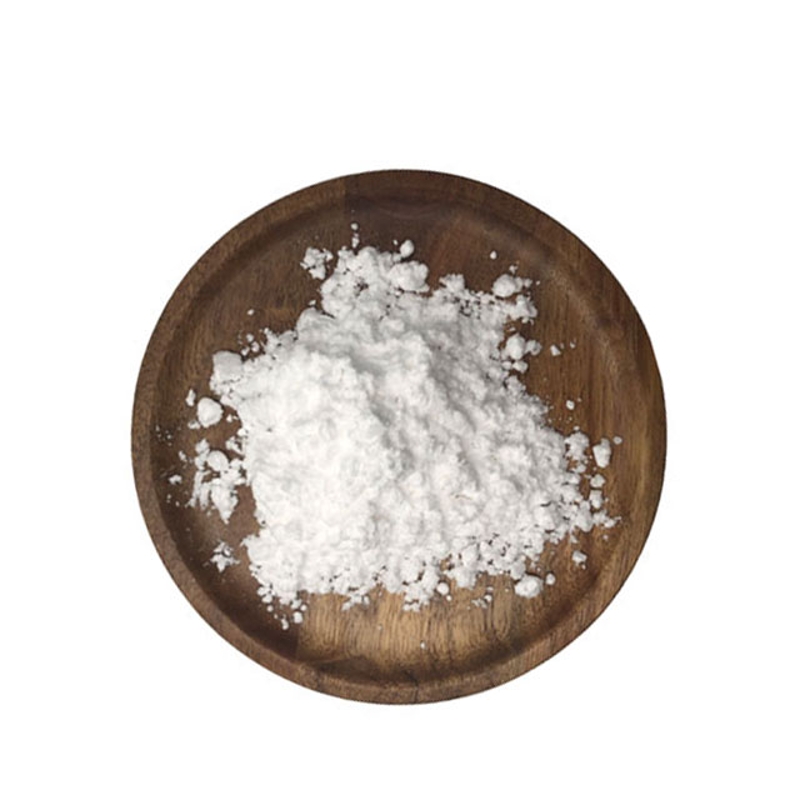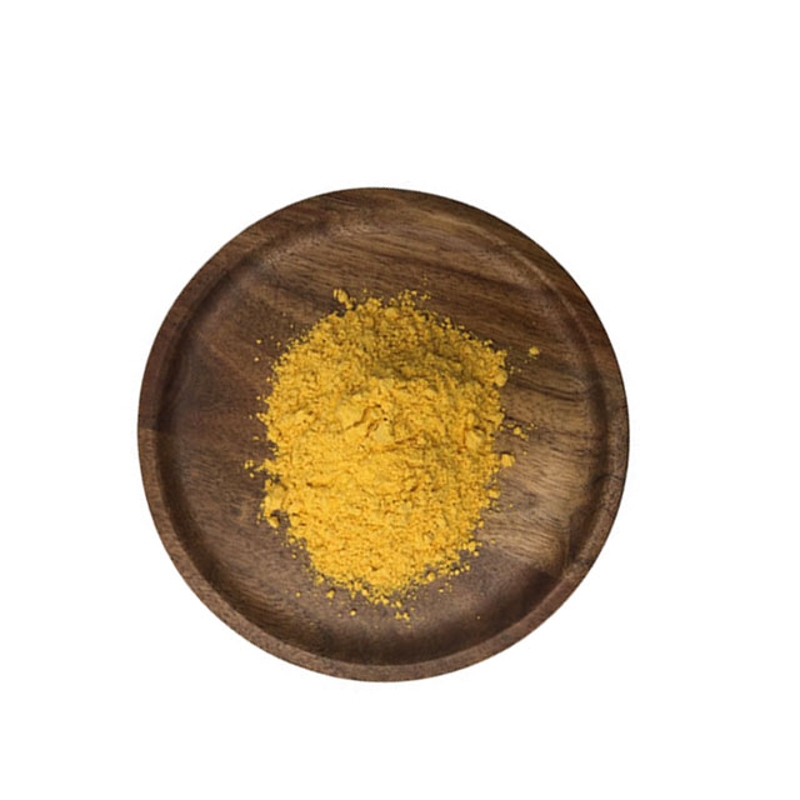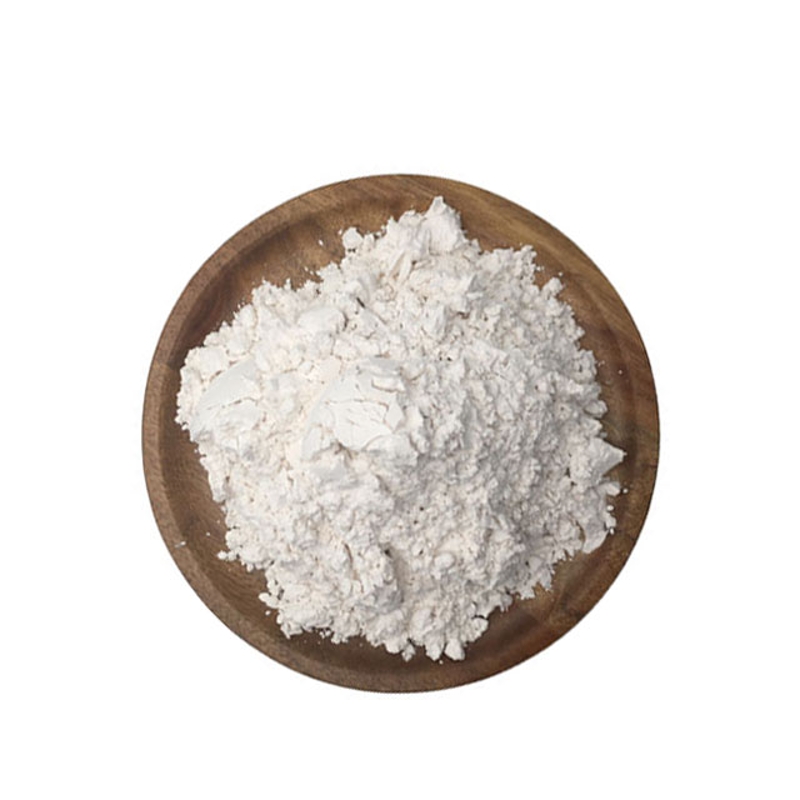-
Categories
-
Pharmaceutical Intermediates
-
Active Pharmaceutical Ingredients
-
Food Additives
- Industrial Coatings
- Agrochemicals
- Dyes and Pigments
- Surfactant
- Flavors and Fragrances
- Chemical Reagents
- Catalyst and Auxiliary
- Natural Products
- Inorganic Chemistry
-
Organic Chemistry
-
Biochemical Engineering
- Analytical Chemistry
- Cosmetic Ingredient
-
Pharmaceutical Intermediates
Promotion
ECHEMI Mall
Wholesale
Weekly Price
Exhibition
News
-
Trade Service
Lymphocytic disease is currently one of the most vigorously developing fields in hematology at home and abroad.
In recent years, remarkable achievements have been made in disease pathogenesis, targeting and immunotherapy.
In order to promote domestic and international peer exchanges, the First National Lymphocytic Disease Academic Conference of the Chinese Medical Association and the 2021 International Lymphoma Update Symposium will be held in Chengdu, Sichuan Province from April 16-18, 2021.
At the meeting, Professor Zhou Jianfeng from Tongji Hospital of Tongji Medical College of Huazhong University of Science and Technology introduced the progress of CAR-T cell therapy for relapsed/refractory plasma cell tumors.
Yimaitong organized the main contents as follows.
So far, plasma cell diseases cannot be cured.
Every time they experience a recurrence, malignant plasma cells will undergo clonal evolution to obtain new mutations, and the high-risk clones that appear finally become resistant to standard treatments.
The median overall survival (OS) of patients who are resistant to existing therapies is only 5.
6-11.
2 months, and the medical needs of these patients urgently need to be addressed.
Professor Zhou Jianfeng said that cellular immunotherapy is currently a more promising direction.
Chimeric antigen receptor T cell (CAR-T) therapy is a relatively innovative and promising anti-tumor therapy in the past decade, and it has undoubtedly become a current research hotspot.
In this meeting, Professor Zhou Jianfeng mainly introduced the clinical progress and experience of CAR-T treatment in Tongji Hospital of Tongji Medical College of Huazhong University of Science and Technology.
Targeting the progress of BCMA CAR-T cell therapy B cell maturation antigen (BCMA) is an ideal target for plasma cell tumor CAR-T therapy.
The CAR-T drug idecabtagene vicleucel (ide-cel, bb2121) targeting BCMA is recurring / In refractory multiple myeloma (MM) patients, it shows a good effect.Professor Zhou Jianfeng’s team conducted targeted BCMA CAR-T cell therapy on 30 patients with plasma cell tumors.
The results were surprising.
The overall response rate (ORR) was 90%, and the complete response (CR) rate was 43.
3%; the most common adverse events (AE) is hematological toxicity; the incidence of grade 1-2 cytokine release syndrome (CRS) is 80%; only one patient has grade 1 central system toxicity.
In addition, patients with primary plasma cell leukemia and plasma cell leukemia with extensive extramedullary infiltration can still benefit from ide-cel treatment.
Although CAR-T cell therapy has shown unprecedented efficacy, both domestic and foreign conference reports and officially published articles mention the problem of high recurrence after CAR-T therapy.
Mouse-derived single-chain antibodies are one of the important reasons for the recurrence of CAR-T cell therapy, and fully human CAR-T cells are expected to exist in patients for a long time, which will greatly reduce disease recurrence.
Zhou Jianfeng's teaching team evaluated the efficacy and safety of fully human CAR-T cell therapy CT103A in the treatment of patients with relapsed/refractory MM.
In terms of efficacy evaluation, the best ORR of 18 patients was 100%, and the CR/strictly sensed complete response (sCR) was 72.
2%.
One month after the reinfusion, 17 patients with minimal residual disease (MRD) assessment were all negative (10-4 FCM).
Nine patients were tested for MRD (10-6) by next-generation sequencing (NGS), and 4 patients were all negative.
Of the 4 patients who relapsed after heterologous CAR-T treatment, 3 cases achieved CR/sCR, and 1 case achieved very good partial remission (VGPR).
So far, the sCR status of one patient has been more than 2 years.
In terms of safety, no central nervous system toxicity was observed in the 18 patients in the group; 17 patients developed CRS, most of which were grade 1-2 (70.
6%, 12/17).
Professor Zhou Jianfeng said that there are still many things that can be explored and studied for the all-human anti-BCMA CAR-T.
Currently, the registration phase II study is continuously recruiting.
Summary and progress of infection management experience after CAR-T treatment At present, CRS after CAR-T cells is still a major obstacle to the overall treatment effect.
Severe CRS will affect the prognosis of patients.
It is difficult to distinguish fever from infectious diseases caused by CRS in patients with immunodeficiency.
mNGS technology is a powerful tool for diagnosing the pathogens of infectious diseases in hematology patients.
It has many advantages such as effectiveness, broad spectrum, and no offset.
In addition, Professor Zhou Jianfeng emphasized based on experience that after the first CRS is controlled, IL-6 levels will increase again, and most of the cases are sepsis, which requires active anti-infection treatment.
In addition, CAR-T cell therapy-related human herpes virus type 6 (HHV-6) infection is a type of infection that cannot be ignored in CAR-T cell therapy.
The clinical manifestations include fever with or without neurological symptoms, due to the time and characteristics of the appearance.
Similar to CRS, it is easy to miss and misdiagnose.
Professor Zhou Jianfeng said that for this type of population, early NGS examination is an important means to discover the comorbidity, and early multi-unit antiviral therapy may be one of the effective means to stop the disease from progressing to encephalitis and causing death.
Professor Zhou Jianfeng’s team is summarizing these types of problems based on past experience, and is looking forward to helping clinical judgments.
Finally, Professor Zhou Jianfeng concluded that in the future, I believe that the application of CAR-T cell therapy will make a big difference.
Expanding the scope of application and the application population will benefit more patient populations.
Professor Zhou Jianfeng, Chief Physician, Doctoral Supervisor, Director of the Department of Hematology, Tongji Hospital, Tongji Medical College, Huazhong University of Science and Technology, Deputy Director of the Key Laboratory of the Ministry of Education "Tongji Hospital Tumor Biomedical Center" Standing Committee Member of the Hematology Branch of the Chinese Medical Association, Deputy Group of the Laboratory Diagnostics Group Vice Chairman of the Hematology Oncology Committee of the Chinese Anti-Cancer Association; Chairman of the Youth Committee; Member of the Chinese Gene Therapy Association; Member of the Chinese Society of Experimental Hematology; National Natural Science Foundation of China; Final Review Committee; Chinese Journal of Hematology, Chinese Journal of Experimental Hematology, Journal of Clinical Hematology, Leukemia ·Lymphoma, International Journal of Blood Transfusion and Hematology and other academic journals stamp "read the original text", we make progress together
In recent years, remarkable achievements have been made in disease pathogenesis, targeting and immunotherapy.
In order to promote domestic and international peer exchanges, the First National Lymphocytic Disease Academic Conference of the Chinese Medical Association and the 2021 International Lymphoma Update Symposium will be held in Chengdu, Sichuan Province from April 16-18, 2021.
At the meeting, Professor Zhou Jianfeng from Tongji Hospital of Tongji Medical College of Huazhong University of Science and Technology introduced the progress of CAR-T cell therapy for relapsed/refractory plasma cell tumors.
Yimaitong organized the main contents as follows.
So far, plasma cell diseases cannot be cured.
Every time they experience a recurrence, malignant plasma cells will undergo clonal evolution to obtain new mutations, and the high-risk clones that appear finally become resistant to standard treatments.
The median overall survival (OS) of patients who are resistant to existing therapies is only 5.
6-11.
2 months, and the medical needs of these patients urgently need to be addressed.
Professor Zhou Jianfeng said that cellular immunotherapy is currently a more promising direction.
Chimeric antigen receptor T cell (CAR-T) therapy is a relatively innovative and promising anti-tumor therapy in the past decade, and it has undoubtedly become a current research hotspot.
In this meeting, Professor Zhou Jianfeng mainly introduced the clinical progress and experience of CAR-T treatment in Tongji Hospital of Tongji Medical College of Huazhong University of Science and Technology.
Targeting the progress of BCMA CAR-T cell therapy B cell maturation antigen (BCMA) is an ideal target for plasma cell tumor CAR-T therapy.
The CAR-T drug idecabtagene vicleucel (ide-cel, bb2121) targeting BCMA is recurring / In refractory multiple myeloma (MM) patients, it shows a good effect.Professor Zhou Jianfeng’s team conducted targeted BCMA CAR-T cell therapy on 30 patients with plasma cell tumors.
The results were surprising.
The overall response rate (ORR) was 90%, and the complete response (CR) rate was 43.
3%; the most common adverse events (AE) is hematological toxicity; the incidence of grade 1-2 cytokine release syndrome (CRS) is 80%; only one patient has grade 1 central system toxicity.
In addition, patients with primary plasma cell leukemia and plasma cell leukemia with extensive extramedullary infiltration can still benefit from ide-cel treatment.
Although CAR-T cell therapy has shown unprecedented efficacy, both domestic and foreign conference reports and officially published articles mention the problem of high recurrence after CAR-T therapy.
Mouse-derived single-chain antibodies are one of the important reasons for the recurrence of CAR-T cell therapy, and fully human CAR-T cells are expected to exist in patients for a long time, which will greatly reduce disease recurrence.
Zhou Jianfeng's teaching team evaluated the efficacy and safety of fully human CAR-T cell therapy CT103A in the treatment of patients with relapsed/refractory MM.
In terms of efficacy evaluation, the best ORR of 18 patients was 100%, and the CR/strictly sensed complete response (sCR) was 72.
2%.
One month after the reinfusion, 17 patients with minimal residual disease (MRD) assessment were all negative (10-4 FCM).
Nine patients were tested for MRD (10-6) by next-generation sequencing (NGS), and 4 patients were all negative.
Of the 4 patients who relapsed after heterologous CAR-T treatment, 3 cases achieved CR/sCR, and 1 case achieved very good partial remission (VGPR).
So far, the sCR status of one patient has been more than 2 years.
In terms of safety, no central nervous system toxicity was observed in the 18 patients in the group; 17 patients developed CRS, most of which were grade 1-2 (70.
6%, 12/17).
Professor Zhou Jianfeng said that there are still many things that can be explored and studied for the all-human anti-BCMA CAR-T.
Currently, the registration phase II study is continuously recruiting.
Summary and progress of infection management experience after CAR-T treatment At present, CRS after CAR-T cells is still a major obstacle to the overall treatment effect.
Severe CRS will affect the prognosis of patients.
It is difficult to distinguish fever from infectious diseases caused by CRS in patients with immunodeficiency.
mNGS technology is a powerful tool for diagnosing the pathogens of infectious diseases in hematology patients.
It has many advantages such as effectiveness, broad spectrum, and no offset.
In addition, Professor Zhou Jianfeng emphasized based on experience that after the first CRS is controlled, IL-6 levels will increase again, and most of the cases are sepsis, which requires active anti-infection treatment.
In addition, CAR-T cell therapy-related human herpes virus type 6 (HHV-6) infection is a type of infection that cannot be ignored in CAR-T cell therapy.
The clinical manifestations include fever with or without neurological symptoms, due to the time and characteristics of the appearance.
Similar to CRS, it is easy to miss and misdiagnose.
Professor Zhou Jianfeng said that for this type of population, early NGS examination is an important means to discover the comorbidity, and early multi-unit antiviral therapy may be one of the effective means to stop the disease from progressing to encephalitis and causing death.
Professor Zhou Jianfeng’s team is summarizing these types of problems based on past experience, and is looking forward to helping clinical judgments.
Finally, Professor Zhou Jianfeng concluded that in the future, I believe that the application of CAR-T cell therapy will make a big difference.
Expanding the scope of application and the application population will benefit more patient populations.
Professor Zhou Jianfeng, Chief Physician, Doctoral Supervisor, Director of the Department of Hematology, Tongji Hospital, Tongji Medical College, Huazhong University of Science and Technology, Deputy Director of the Key Laboratory of the Ministry of Education "Tongji Hospital Tumor Biomedical Center" Standing Committee Member of the Hematology Branch of the Chinese Medical Association, Deputy Group of the Laboratory Diagnostics Group Vice Chairman of the Hematology Oncology Committee of the Chinese Anti-Cancer Association; Chairman of the Youth Committee; Member of the Chinese Gene Therapy Association; Member of the Chinese Society of Experimental Hematology; National Natural Science Foundation of China; Final Review Committee; Chinese Journal of Hematology, Chinese Journal of Experimental Hematology, Journal of Clinical Hematology, Leukemia ·Lymphoma, International Journal of Blood Transfusion and Hematology and other academic journals stamp "read the original text", we make progress together







